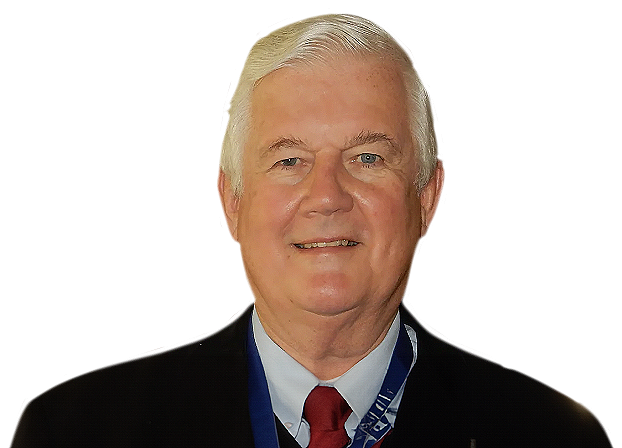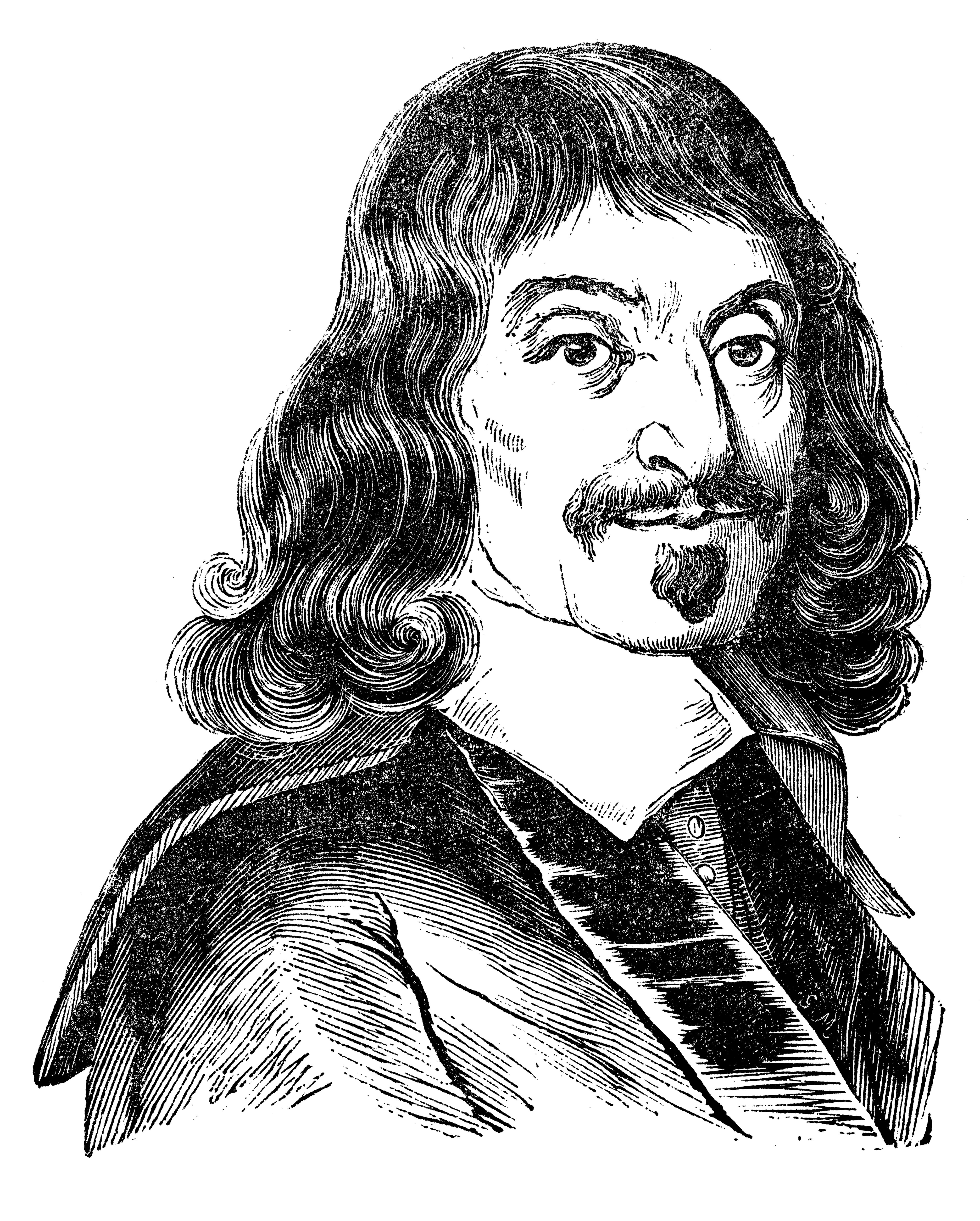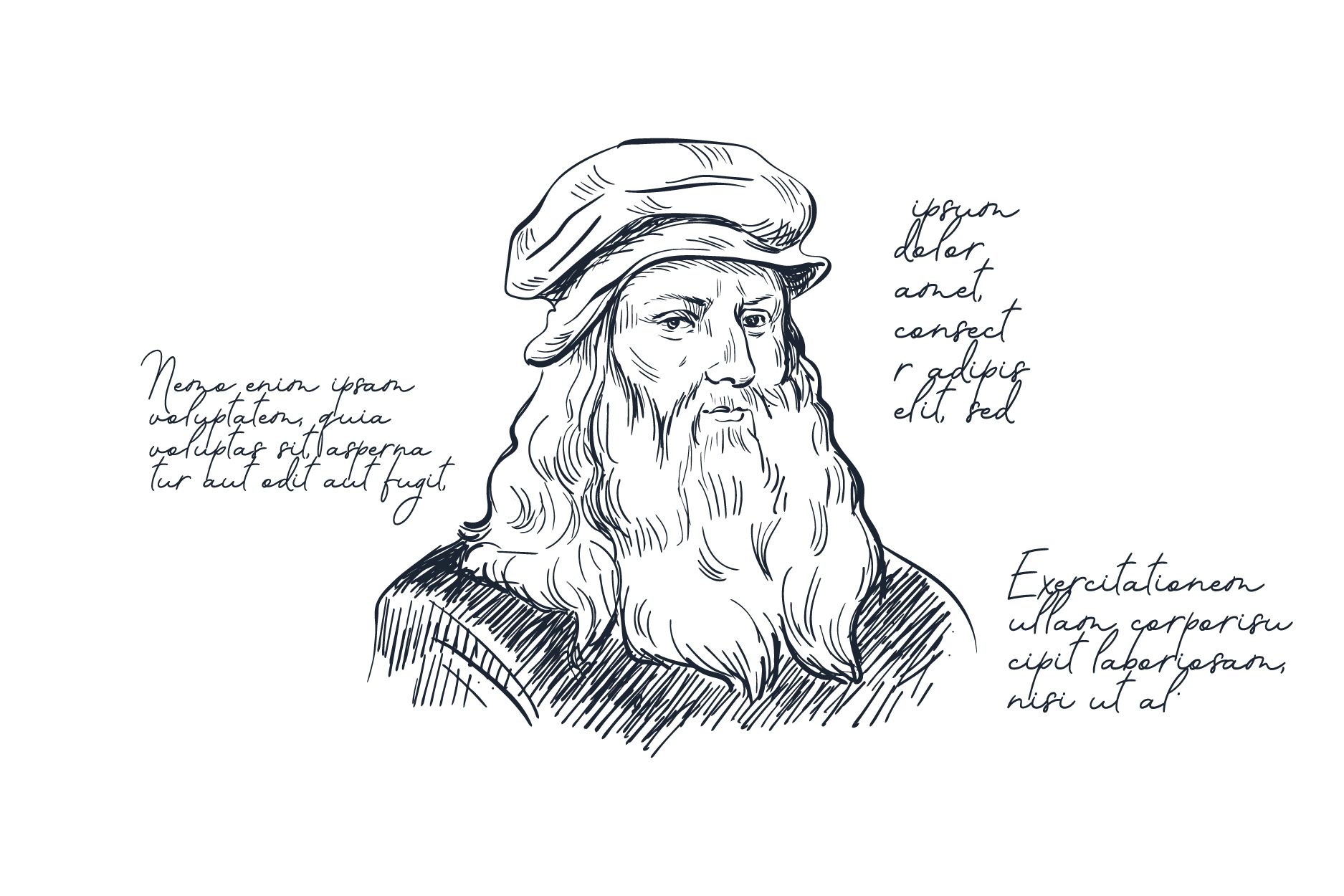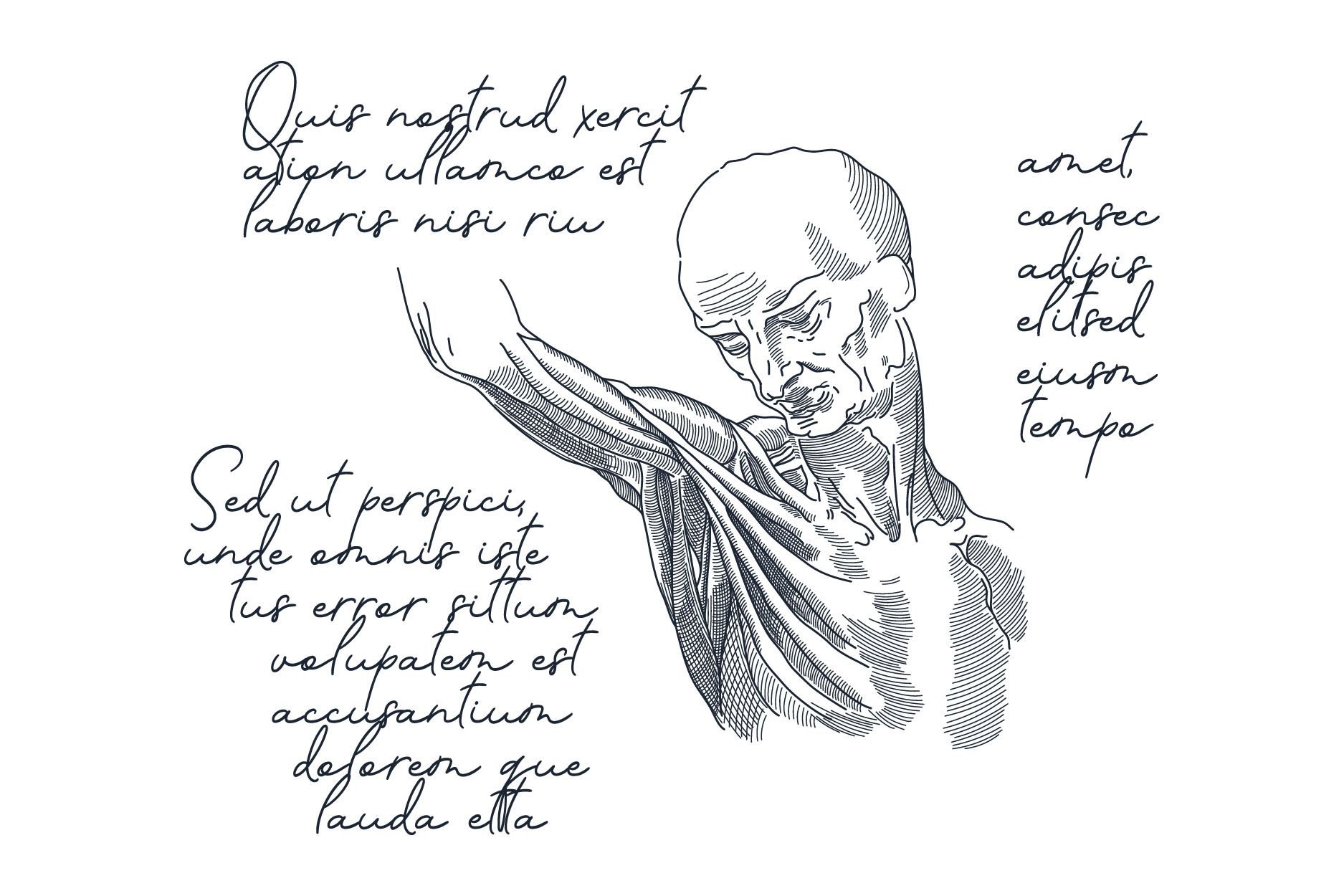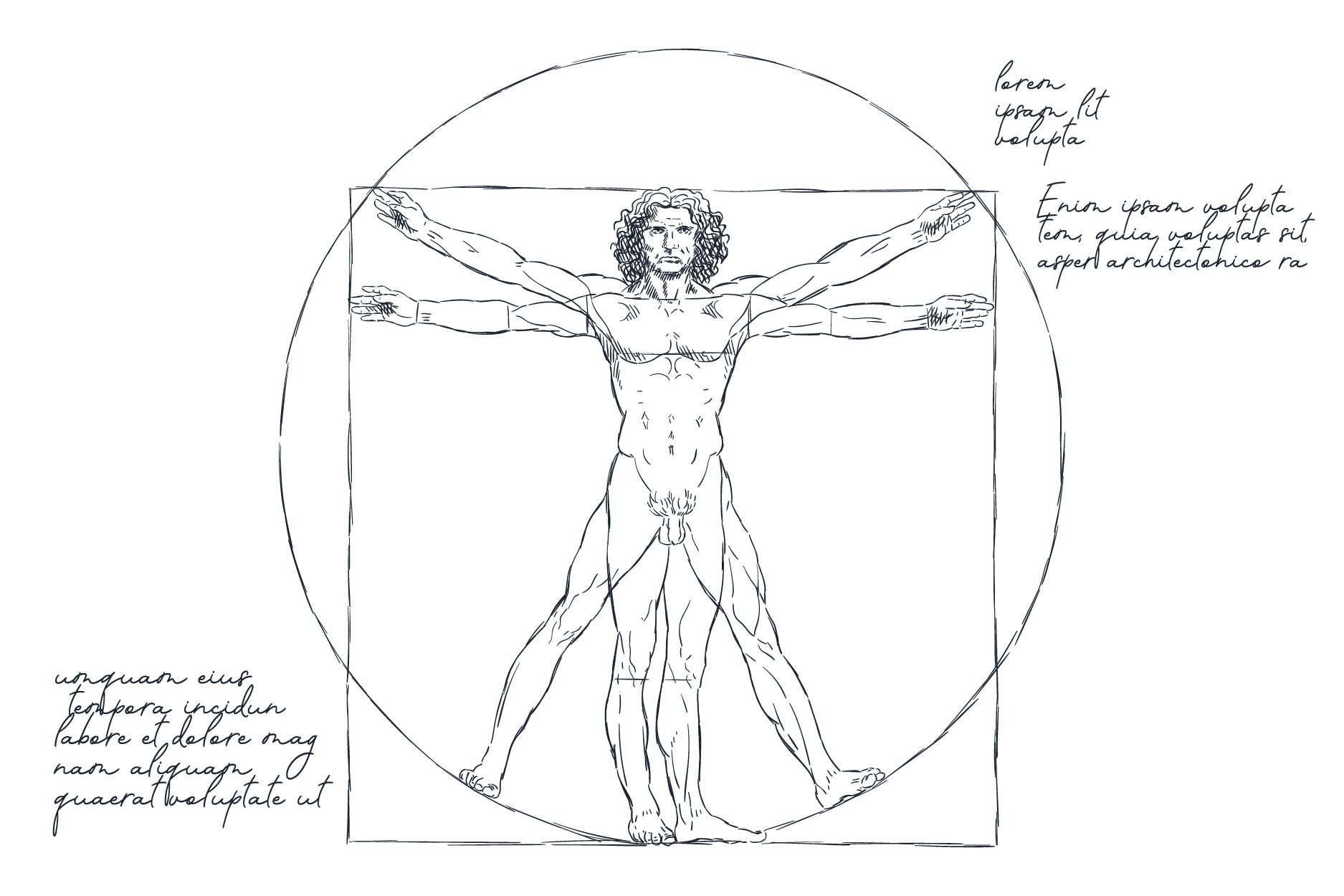Accountancy
matters…
Here’s why
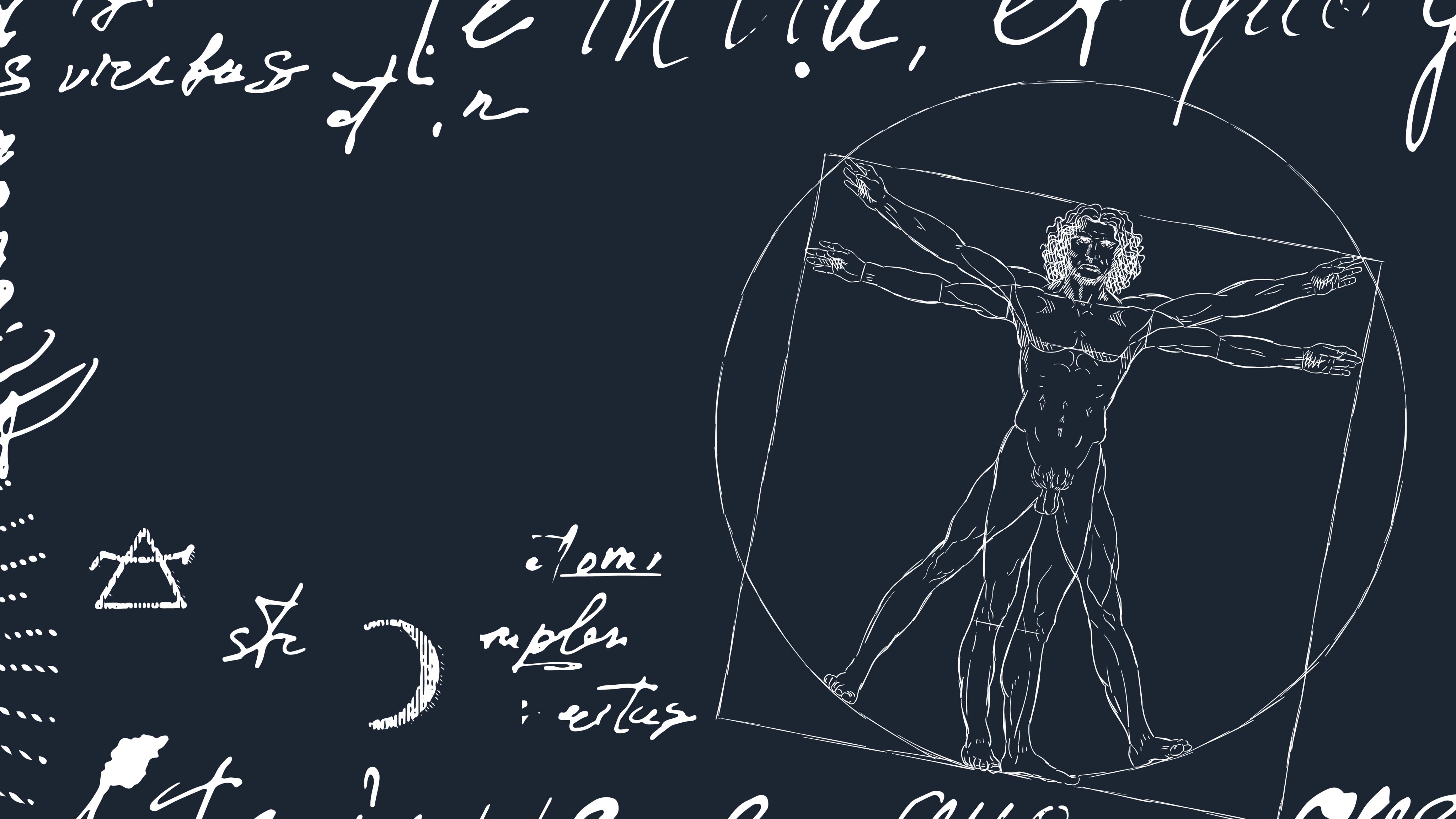
The profession affords an understanding of how organisations operate – and knowing how things work means you can change them for the better, says Past President Nigel Macdonald CA
As children grow towards and through their teens, they are insatiably curious about the world they find themselves living in. I love that curiosity.
But some people, as they reach their twenties and beyond, allow that curiosity to wither, along with their idealism. They try to stay honest, but the world seems so impossibly complicated, and the things some will do to acquire and abuse power so brazen, that optimism can soon turn to cynicism.
By the time many people are 30 (and well before for some), they often find the whole world so selfish and hard, they retreat into a more defensive, cautious approach, focusing their thoughts on family, friends and making a decent living.
But it doesn’t have to be that way. Four hundred years ago there lived a man whose ideas and philosophy perhaps did more than any other to stimulate the development of the western world. His name was René Descartes. You will probably be familiar with his phrase encapsulating one of the key ideas he brought to the world: “I think, therefore I am.”
Descartes passionately believed that the human ability to think is our greatest quality, separating us from the animals and defining the highest level of humanity that could exist. In the years since, that approach has inspired many scientists to expand the bounds of knowledge, discovering things that were previously unknown, perhaps never even thought about.
Body of thought
Leonardo da Vinci, who lived more than a century before Descartes, was fascinated by the human body. He wanted to understand how the muscles attach to the bones and make them move in a living human body. Look at some of his drawings and you will see that this fascination also extended to exploring how horses’ muscles work. He was enthralled by the interrelationship between bones and muscles.
But it was not until after Descartes that medical professionals began to try to understand how the human body itself works. It was in Edinburgh that some of the – frankly rather gruesome – research into how the human pulmonary system (airways, lungs, blood vessels) functions began. These parts, alongside the muscles that power the lungs, work together to move oxygen throughout the body and clean out waste gases such as carbon dioxide.
Having reached the point where they had begun to understand how all these separate parts are interrelated, only then did medical people realise they needed to try to understand the nervous system, which controls so much of what happens in a human body.
The more they discovered about those connections, the more they realised they needed to explore even further. So, next they examined how the body’s individual organs – liver, pancreas, kidneys, spleen – work, both individually and together. Then they tried to understand how the brain works with the nervous system.
Mind how you go
Research into how we think – what we today call psychology – did not really get under way until the mid-19th century, and even now we don’t yet completely understand the relationship between mental health and the rest of the body.
Bringing things up to date, the way our whole being is shaped by what we eat is currently an area of enormous interest. For the contents of our digestive system interact with the rest of the human body, too. I am not talking here about the impact of particular foods, medicines or individual parts of the body, but rather the growing focus on trying to understand how the interlocking systems of the human body work together.
Engineering has developed in a similar way, with the science branching into more and more specialisms. But if you really want to understand how things work, and how they might be made to work better, it makes an enormous difference if you take the time to study the underlying engineering, whether electrical or mechanical, marine or civil, and how separate specialisms relate.
Law is another area in which the more you understand the interlocking aspects of what might be called the “nervous system of a nation”, from common law to case law to statute law (that is the laws put in place by government), the better you can understand the whole jigsaw of checks and balance that keep a developed society such as ours functioning.
The big picture
Which brings us to our profession. Like law, accountancy takes you right to the centre of the nervous system of organisations, for it is not just businesses that need to manage both financial and non-financial information.
It enables you to see how organisations that enjoy lasting success are structured – what is now called corporate governance – and to identify common patterns. It can take you into how markets work, nationally and internationally, and how you protect and stimulate competition.
Although it is sometimes said, by folk trying to explain why accountants are essential to any business, that finance is simply the “common nervous system” for all commerce, my point about the holistic nature of life goes far beyond the recording of money and measuring costs, income and results. In my experience, really good accountants combine their professional disciplines with ongoing curiosity about all the many interfaces within and around any business, and how an understanding of them can enable one to grasp the dynamics of a situation, and to see opportunities for change.
My point is thus a simple one. It is about the vital importance of understanding the interrelationships inside and outside any organisation and maintaining a restless curiosity about how those connections work and might even be improved.
A career in journalism or filmmaking offers a platform to influence how people think. Medicine, nursing and teaching are considered by many to be a calling. But accountancy takes you to the core of how almost every organisation operates, how it is controlled and how it can be steered or shaped.
The more you know, the more you realise that everything is interlinked – and that understanding those connections is crucial to success and survival in a complex world.
Accountancy may lack the glamour or high profile of other professions, but don’t assume that it is dull work, the preserve of maths geeks or people providing a service for those who cannot manage their tax returns.
It can be a fascinating pathway to gaining the skills and insight needed to make a real difference in the world.
Learn more about how to become a CA



